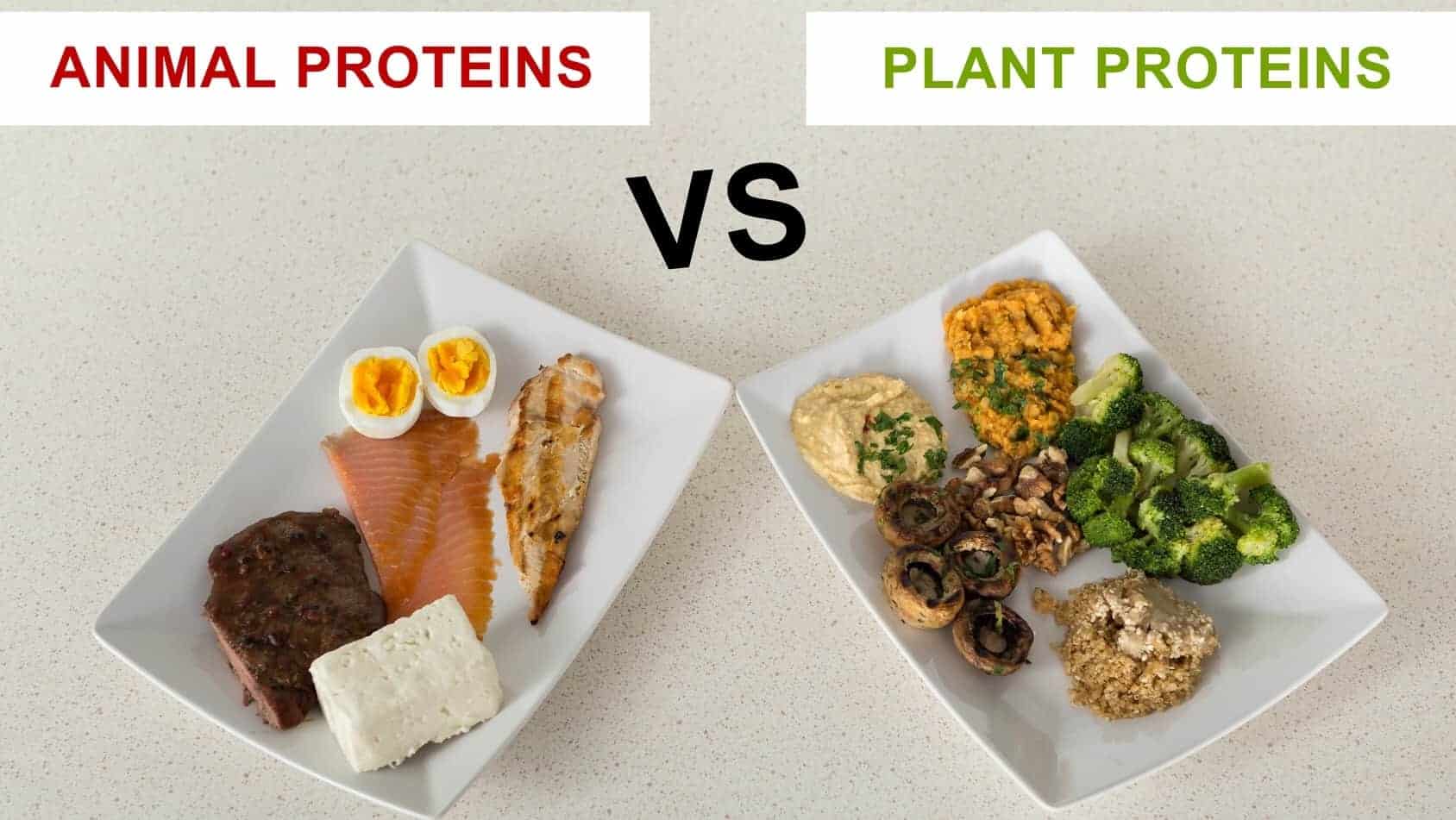Proteins are nitrogenous organic compounds, consisting of long chains of amino acids made up of large molecules. These compounds are essential to the functioning of every living organism, both large and small.
Here are just a few important benefits of protein:
– It comprises the majority of molecular elements that make up our hair and nails.
– Protein aids the body in repairing and building tissues.
– It is a foundational element of enzymes, hormones, and other chemicals within the body.
– Protein is the building block of blood, bones, cartilage, muscles and skin.
Similar to carbohydrates and fat, protein is classified as a “macronutrient;” simply meaning that our bodies require significant amounts of it to function normally. Unlike carbohydrates and fats, the body does not have a “backup supply” when body levels of the nutrient are depleted. Therefore, we must be proactive in ensuring our body gets enough of it.
Meats contain among the highest amounts of protein, and are heavily consumed by individuals on a frequent basis. However, many people – for a number of reasons – do not eat meat. Therefore, it is necessary for these folks to find alternative means of consuming this important macronutrient. Fortunately, there are a multitude of ways to consume protein without eating meat.
Here are 10 ways to get protein without eating meat:
1. Nuts
Nuts are a tasty and convenient ways to get good amounts of protein. Almonds, cashews, hazelnuts, peanuts and pecans are all nuts that will do the trick. Peanut butter is another tasty treat that contains a good amount of protein – about 4 grams per tablespoon. Almond butter is also a good choice.
The only drawback to nuts is the sodium content; although such concerns are negligible when consumed in moderation.
2. Green Peas
On this site, we’re a big pea fan…they’re tasty, easy to prepare, and contain a bunch of good vitamins and nutrients (i.e. “micronutrients”). One cup of peas contains approximately the same amount of protein as the same serving of milk – about 8 grams! For those whose palette doesn’t tolerate peas, they can be tastefully added as an ingredient – in a salad or pesto, for example.
3. Tofu and tempeh
Soybean-based products, such as tofu and tempeh, are a couple of vegetarian favorites. A half-cup serving of tofu and tempeh contains between 15 and 20 grams of protein, which is near half the recommended daily amount.
The two products are also quite texturally-versatile; they can be soft or firm, fried or served natural.
4. Leafy greens
Most natural veggies do not pack as much protein as other foods on this list, but some leafy vegetables do contain significant amounts. One cup of chopped broccoli, for example, contains over 8 grams of protein. Additionally, leafed greens are high in antioxidants and other important nutrients.
5. Soymilk
The amount of protein per serving in soy milk is nearly equivalent to regular milk, at about 8 grams per cup. Soy milk (or almond milk) are delicious alternatives to the cow-produced stuff. It can be consumed in any way that regular milk can.
6. Seeds
Sesame, sunflower, squash and watermelon seeds are all terrific protein sources. However, really any type of seed is likely to contain significant protein amounts. Most seed varieties contain about 30 grams of protein for each 100 gram serving.
7. Spinach
It turns out that Popeye the Sailorman turned to that trusty can of spinach for good reason. Per 100 calorie serving, spinach contains about 12 grams of protein. Comparatively, this is more than ground beef which contains 10 grams per 100 calories.
8. Lentils
Lentils are a staple of many a vegan diet. Not only do lentils pack a hefty protein punch (?9 grams/half up) they are also tremendous sources of fiber, containing about 15 grams per half cup serving.
Related article: 10 Things Healthy People Do Differently
9. Seitan
“What-a-tan?” is probably a question many readers are asking themselves. Seitan (see-tan) is a meat substitute that is quite popular with vegetarians. Made from wheat gluten, seitan is often seasoned with salt and other spices. More importantly, seitan is a great source of protein: about 35 grams per half-cup serving.
10. Beans
“Beans, beans, the musical fruit…” sorry. Besides being the subject of a favorite childhood ditty, beans also pack some serious nutrition. They are very high in protein content, particularly black and garbanzo beans. Many vegans love bean burgers – an unconventional, but flavorful burger alternative.

















